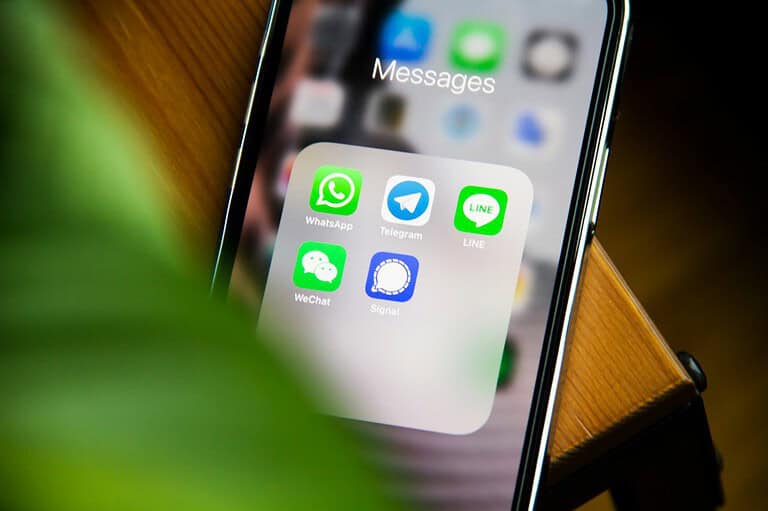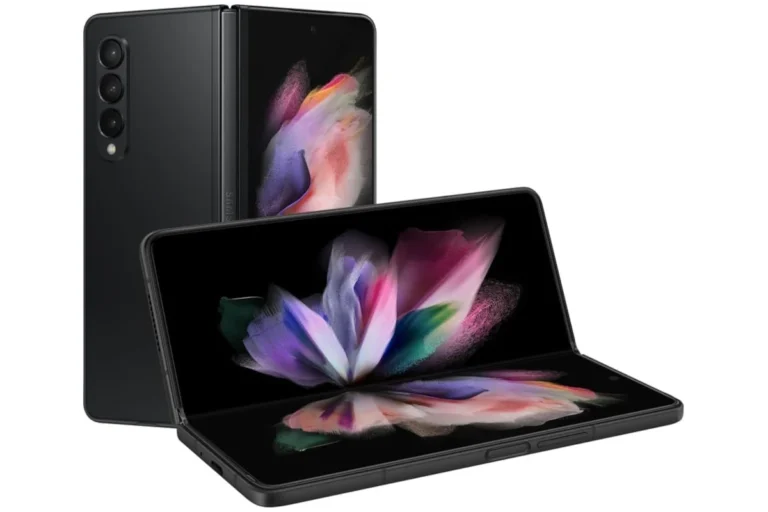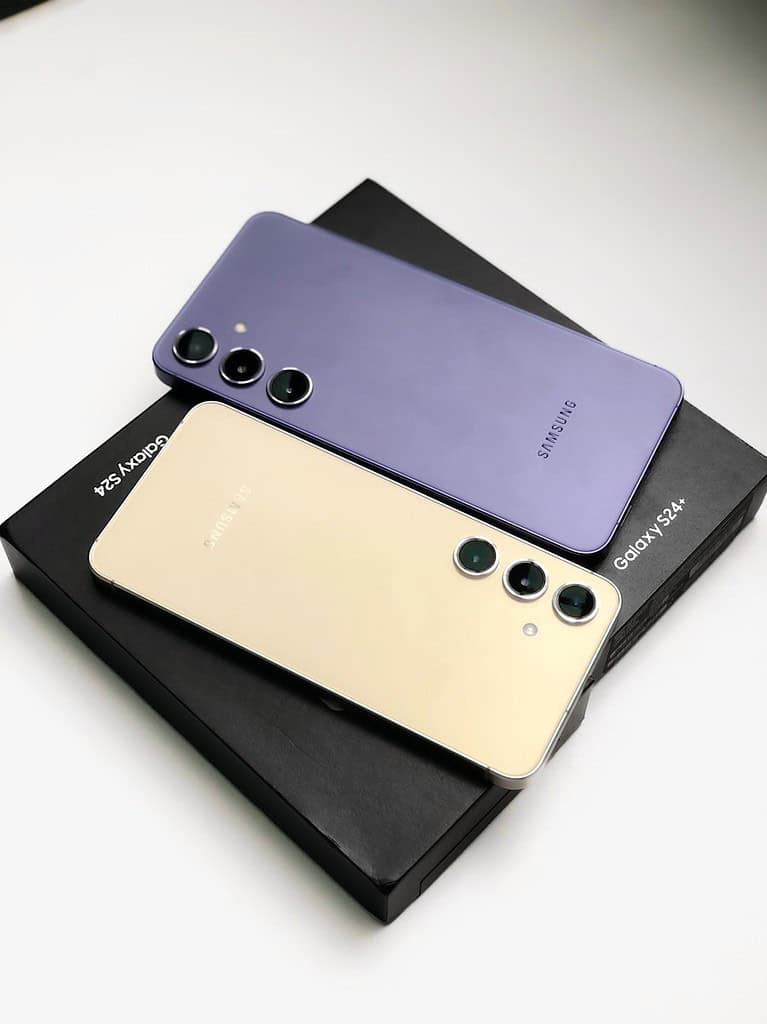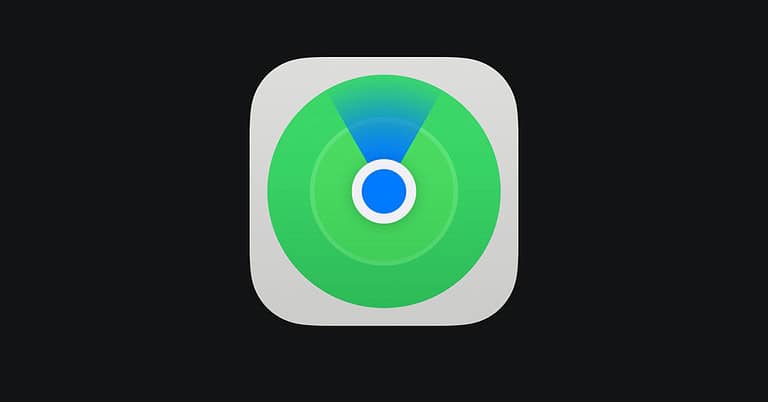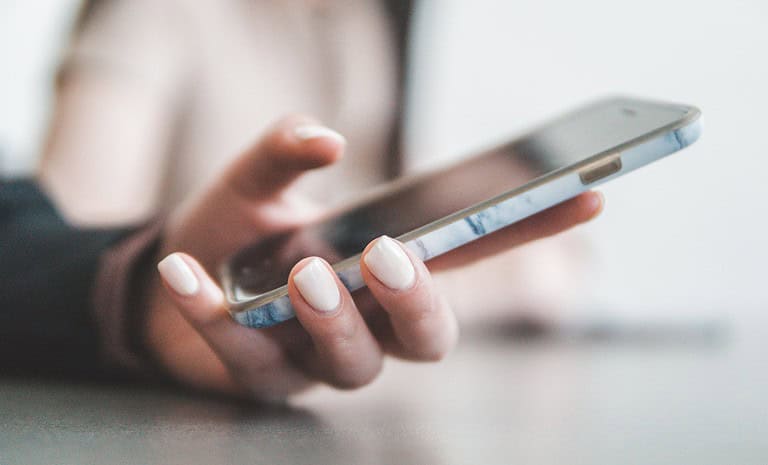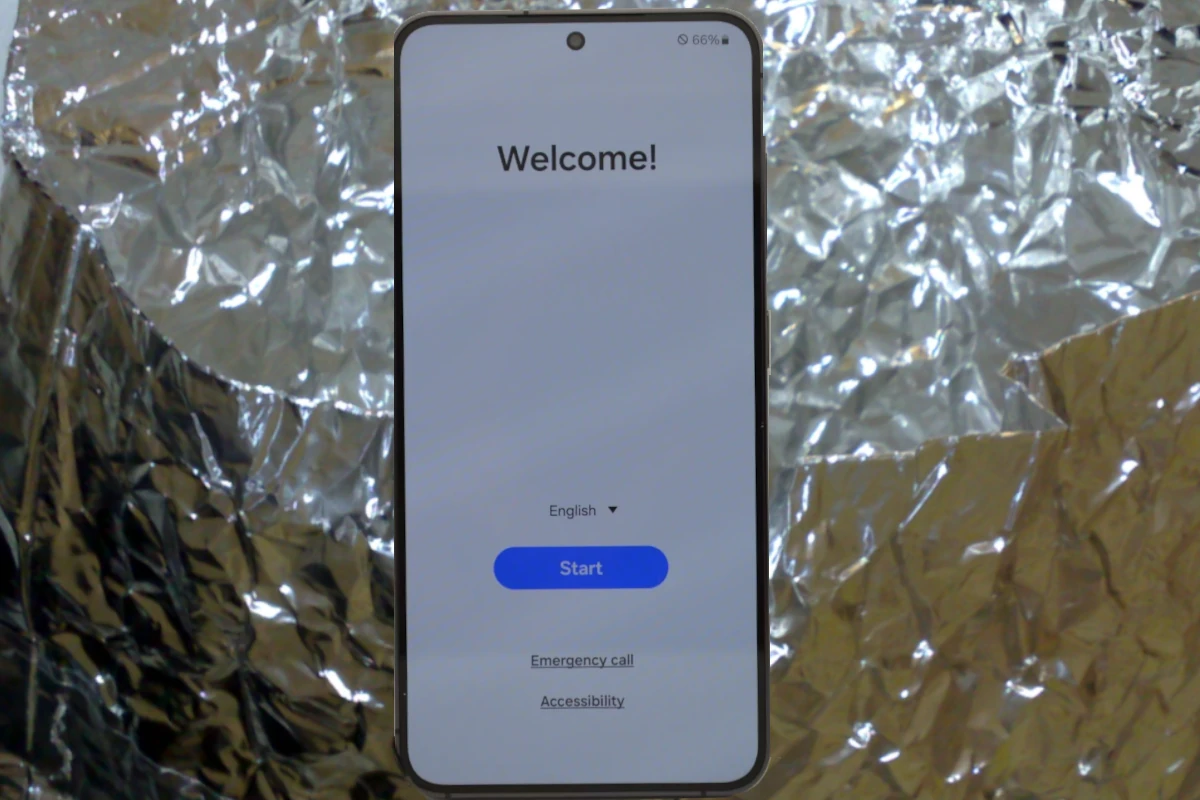
Wrapping a cell phone in aluminum foil is an interesting idea that has caught many people’s attention. When you wrap a cell phone in aluminum foil, it blocks the phone’s radio signals. This means that no calls, messages, or data can reach the phone. The foil acts like a shield, creating what is known as a Faraday Cage around the device.
Some believe this technique can make their phones untraceable. While it can create some interference, this method is not foolproof. Further, it can prevent essential functions, like receiving emergency alerts or important calls.
Despite its apparent simplicity, wrapping a phone in aluminum foil can have various implications. Understanding these effects can help users make informed decisions about their device and its connectivity.
The Faraday Cage Effect in Your Pocket
What is a Faraday Cage?
A Faraday cage is a metal enclosure that blocks electromagnetic fields. Named after scientist Michael Faraday, it’s a simple concept with big implications for everyday life. The cage acts like a shield, keeping electromagnetic waves from reaching anything inside.
How Does This Apply to Your Cell Phone?
Cell phones use radio waves, a type of electromagnetic radiation, to communicate. Aluminum foil is a good conductor of electricity, so when you wrap your phone in it, you’re essentially creating a mini Faraday cage. This blocks the radio waves, effectively cutting off your phone’s connection to the cell tower.
Here’s what happens:
| Wrapped in Foil | Not Wrapped in Foil |
|---|---|
| No signal bars | Full signal bars |
| No calls or texts | Can make and receive calls and texts |
| No data connection | Can access the internet |
| No GPS signal | Can use GPS for navigation |
Why Would You Want to Do This?
There are a few reasons why someone might wrap their phone in foil:
- Privacy: It prevents your phone from being tracked or monitored.
- Security: It can protect your phone from certain types of hacking attacks.
- Testing: You might want to see how your phone behaves without a signal.
- Fun: It’s a simple science experiment you can do at home!
Important Note:
Remember, this only works if you completely encase your phone in foil. Any gaps or openings will allow the radio waves to pass through.
Key Takeaways
- Wrapping a cell phone in aluminum foil blocks radio signals.
- This method is not completely effective for making phones untraceable.
- Interference can prevent receiving important communications.
Understanding Electromagnetic Interference and Shielding
Electromagnetic Interference (EMI) can disrupt electronic devices. Shielding helps prevent this interference by blocking or redirecting electromagnetic radiation.
Principles of Electromagnetic Shielding
Electromagnetic shielding blocks unwanted signals. It creates a barrier that stops or redirects these signals away from sensitive electronics. This helps maintain the proper function of devices.
This is common in many electronic products. By using conductive materials like metal, devices can be protected from EMI. For example, wrapping a phone in aluminum foil creates a shield around the phone, reducing interference.
Materials and Efficacy
Materials used for shielding are often metals. Aluminum and copper are popular choices because they are conductive. Metals can absorb or reflect electromagnetic radiation.
When wrapped around a device, these metals create a barrier. This stops EMI from reaching the sensitive parts inside. Testing this with a cell phone can show how the phone’s signals are affected.
Not all materials work the same. Some metals are better at blocking certain frequencies. It’s important to choose the right material for the specific type of radiation you’re trying to block.
Concept of a Faraday Cage
A Faraday Cage is an enclosure used to block electromagnetic fields. It is made from conductive material, such as a metal mesh or sheet. The cage can contain and redirect the signals, keeping them away from what’s inside.
Wrapping a phone in aluminum foil works like a Faraday Cage. It blocks signals from entering or leaving the phone. This can be useful for privacy and security, as it prevents the phone from sending or receiving any data.
Faraday Cages are used in many applications. For example, they protect sensitive electronics and secure locations from unwanted eavesdropping or interference. They are an essential tool for maintaining the integrity of electronic devices.
Implications of Wrapping a Cell Phone in Aluminum Foil
Wrapping a cell phone in aluminum foil can affect various functions, including signal reception, data transmission, and privacy. This section explores these impacts alongside considerations for protection and alternative shielding options.
Impact on Signal Reception and Data Transmission
Wrapping a cell phone in aluminum foil can significantly weaken its ability to send and receive calls, messages, and data. The foil acts as a barrier, disrupting the cell signals and reducing signal strength. This makes it hard to maintain proper Wi-Fi and Bluetooth connections, which can lead to a disconnected experience for users who rely on these functions.
Effects on Cell Phone Functionality
Some users may notice that their phone functions less effectively when wrapped in foil. For instance, it can interrupt a smartphone’s GPS signals, making navigation challenging. Furthermore, antennas on the phone, which are responsible for signal reception, can be obstructed, affecting overall performance. The effect of the foil can vary depending on the phone model and design.
Protection and Privacy Considerations
Aluminum foil can provide some level of protection by acting as a Faraday cage, which blocks electromagnetic fields. This can prevent tracking and offer a degree of privacy for users concerned about their phones being monitored. However, it is important to note that while the foil can reduce some signals, it does not make the phone completely untraceable, as there can still be minimal leakage.
Alternative Shielding Options
Using aluminum foil is not the only way to shield a phone. Faraday bags, designed specifically to block electromagnetic fields, offer a more reliable method. These bags ensure that cell phone signals, Wi-Fi, and Bluetooth connections are effectively blocked. Additionally, they provide better protection against moisture damage and external elements, making them a more practical choice for long-term use.
Frequently Asked Questions
Wrapping a cell phone in aluminum foil raises several questions regarding its effects on signal reception, GPS tracking, and overall functionality. Below are the answers to some commonly asked questions on this topic.
Does encasing a smartphone in aluminum foil interfere with signal reception?
Yes, wrapping a smartphone in aluminum foil significantly affects signal reception. The foil acts as a shield, preventing cell signals from reaching the device. This makes it difficult for the phone to send or receive calls and messages.
Can aluminum foil shield a mobile phone from GPS tracking?
Aluminum foil can block GPS signals. When a phone is wrapped in foil, the metal interferes with the satellite signals used for tracking. This makes it harder, if not impossible, for GPS functions to work properly.
What impact does aluminum have on a smartphone’s functionality?
Aluminum blocks electromagnetic signals. This can affect various phone functions, including Wi-Fi and Bluetooth connectivity. In some cases, the interference can also impede regular phone operations and data transfer.
Which materials are effective at obstructing cellular signals?
Materials that block signals effectively include aluminum, lead, and copper. These metals create barriers that obstruct electromagnetic waves. This is because they absorb or reflect the signals, hindering communication.
Is it possible for aluminum foil to disrupt radio frequency (RF) communications?
Yes, aluminum foil can disrupt RF communications. The foil creates a barrier that reflects or absorbs radio waves. This can prevent a phone from connecting to networks like Wi-Fi and cellular.
How does aluminum foil compare to a Faraday bag in terms of blocking signals?
Aluminum foil can block signals, but it is not as effective as a Faraday bag. Faraday bags are specifically designed to shield electronic devices from electromagnetic signals. They provide more consistent and reliable signal blocking compared to simple aluminum foil.

